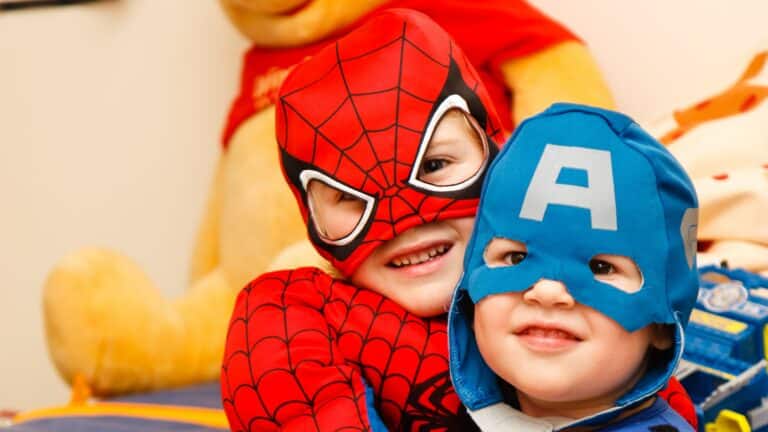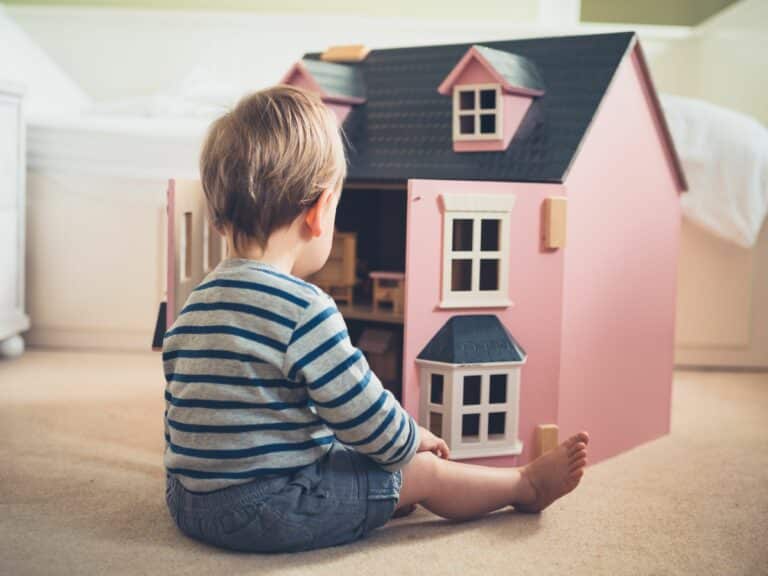Top tips for stress-free play dates
Lots of parents find hosting play dates stressful. Especially when you don’t know the other parent/child well. Or when there is a risk of behaviour getting out of hand. Is it ok to step in and discipline someone else’s child? At what age can I expect the other parent to stay or just to drop off? What if there are tears or tantrums? Hosting play dates is, frankly, a bit of a minefield!
But play dates are really important for helping children develop social skills. Children only learn to share and play co-operatively and resolve disputes if they are given opportunities to practise. Learning how to be a good friend is essential for children’s social and emotional development. Friendships promote empathy and form a template for future relationships. Play dates provide a really important framework for children to socialise and build friendships outside school/nursery. And they can also be a great opportunity for parents to build friendships too.
Here are my top tips for hosting stress-free play dates and avoiding pitfalls:
Ten tips for stress-free play dates
- Be realistic. Children are still learning social skills and there are bound to be a few bumps. Be prepared to step in and help young children manage their emotions if necessary.
- Make sure the environment is safe and remove precious or breakable items in advance. If there are parts of your home where the children are not allowed to go, make that clear to them at the beginning.
- Set some ground rules at the start. Make it clear what behaviour is expected. For younger children, you could even spell out a reward at the end of the play date if they stick to the rules. Explain that if they break the rules, they will have to put away some of the toys/activities.
- Remember to praise the kids when they are sticking to the rules and co-operating well to encourage them to do more of it.
- There might be things that are not ok in your house that a visiting child is allowed to do at home. If the visitor gets it wrong, step in quickly and calmly tell them to stop. Simply explain that isn’t allowed in your house.
- Have some ideas for games/activities up your sleeve in case the kids need distracting from a less desirable activity.
- Provide drinks and snacks to keep them going and/or to change the focus if things are getting cranky.
- Don’t let it go on for too long! Long enough for a good play but no so long that the kids (or you!) get overtired.
- As a general rule, unless you have agreed otherwise, you can expect parents to stay with their child up to about age five. But different parents make different decisions so, if it’s important, clarify in advance if the other parent is dropping off or staying.
- Don’t get side-tracked into worrying about what the other parent thinks. This is your home, they are your guests. As long as your rules and expectations are reasonable, be comfortable sticking to them. If a visiting child is consistently breaking the rules (despite your prompts) and the other parent is not stepping in, just ask them politely if they could tell their child to stop doing whatever they are doing and explain why it matters.
If your child struggles with friendships, why not check out these Books to teach children social skills (2-7yrs) or Books for helping children manage friendship problems or Children’s books about shyness.
Found this helpful? Sign up for monthly newsletters!






